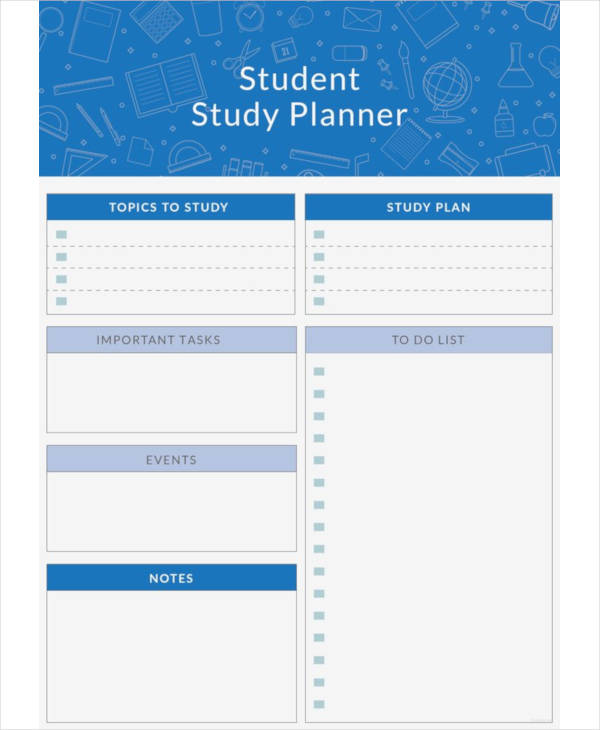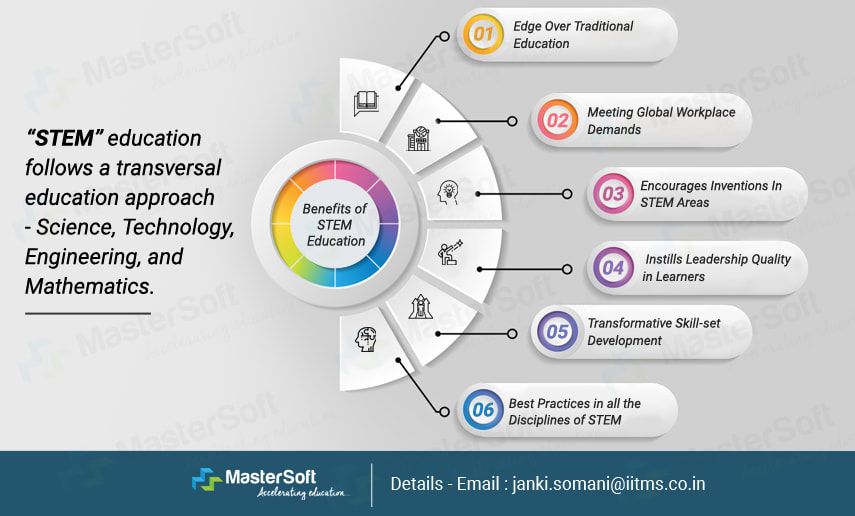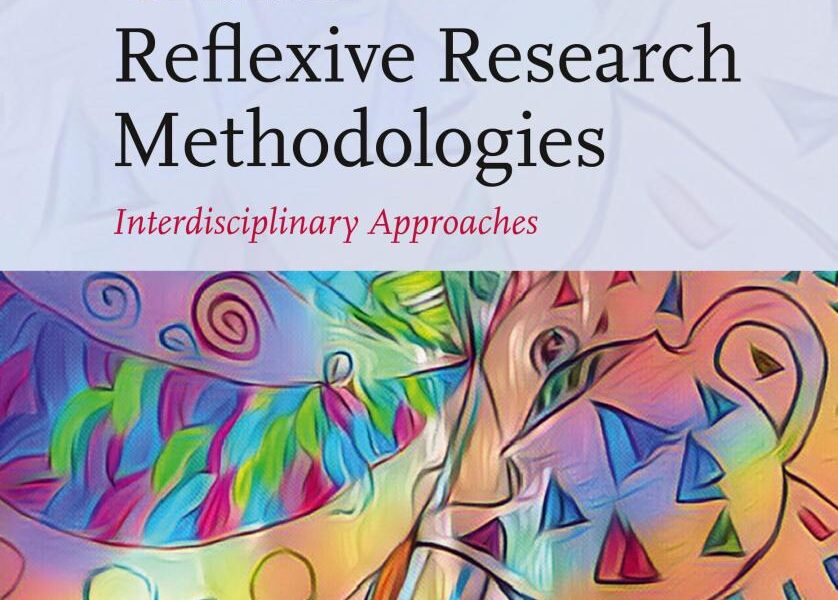Mastering the Art of Study Planning: A Guide to Academic Resources In this auspicious occasion, we are delighted to delve into the intriguing topic related to Mastering the Art of Study Planning: A Guide to Academic Resources. Let’s weave interesting information and offer fresh perspectives to the readers.
Mastering the Art of Study Planning: A Guide to Academic Resources
The road to academic success is paved with more than just textbooks and lectures. It’s a journey guided by effective study planning, a skill that transforms passive learning into active mastery. This guide will delve into the world of academic resources specifically designed to empower you with the tools and strategies to conquer your studies.
1. Time Management: Your Study Schedule’s Foundation
Time is your most valuable asset, and effective study planning starts with mastering its management. Here’s how to build a solid schedule:
- Identify Your Learning Style: Are you a morning person who thrives in quiet solitude, or do you find energy in collaborating with others? Knowing your preferences will guide your schedule’s structure.
- Break Down Tasks: Don’t overwhelm yourself with massive study goals. Break them down into smaller, manageable chunks, each with a specific deadline. This creates a sense of accomplishment and prevents procrastination.
- Prioritize and Schedule: Allocate time for high-priority tasks first. This might mean dedicating more time to challenging subjects or attending to assignments with tight deadlines.
- Utilize Time Management Tools: Numerous apps and online resources exist to help you stay organized. Consider using calendars, to-do lists, and task management apps to keep track of your commitments.

2. Leveraging University Resources: Your Academic Toolkit
Your university is a treasure trove of resources specifically designed to support your academic journey. Explore these offerings to enhance your study planning:
- Academic Advising: Meet with an academic advisor to discuss your course selection, career goals, and potential challenges. They can help you create a personalized study plan that aligns with your aspirations.
- Learning Centers: These centers offer a range of services, including tutoring, writing workshops, and study skills workshops. Don’t hesitate to tap into these resources for extra support in specific areas.
- Library Resources: Go beyond the physical books. Libraries offer access to online databases, research journals, and digital resources that can significantly enrich your learning experience.
- Student Support Services: Many universities provide mental health services, disability support, and financial aid programs. Don’t hesitate to reach out for assistance if you need it.
3. Harnessing the Power of Technology: Digital Study Companions

Technology has revolutionized how we learn, offering a wide array of tools for effective study planning:
- Note-Taking Apps: Apps like Evernote, OneNote, and Google Keep allow you to organize notes, create digital flashcards, and easily share information with classmates.
- Mind Mapping Software: Tools like MindNode and XMind help visualize complex information, making it easier to understand and remember.
- Online Learning Platforms: Platforms like Coursera, edX, and Khan Academy offer free or low-cost courses on a diverse range of subjects, expanding your knowledge base beyond the classroom.
- Study Groups and Online Forums: Connect with peers online through forums, study groups, or social media to discuss course material, share notes, and motivate each other.
4. Effective Study Strategies: Building a Solid Foundation
Beyond time management and resources, effective study strategies are crucial for academic success. Consider these approaches:
- Active Recall: Instead of passively rereading notes, test yourself by recalling information from memory. Use flashcards, quizzes, or practice problems to strengthen your understanding.
- Spaced Repetition: Review material at spaced intervals to reinforce learning and prevent forgetting. Apps like Anki and Memrise use spaced repetition algorithms to optimize your study time.
- Chunking Information: Break down large amounts of information into smaller, manageable chunks. This makes it easier to process and retain information.
- Mindfulness and Breaks: Take regular breaks to prevent burnout and allow your brain to process information effectively. Engage in activities that relax you, such as meditation, exercise, or spending time in nature.

5. The Importance of Self-Care: Fueling Your Academic Journey
Effective study planning is not just about academics; it’s about taking care of your well-being. Remember these self-care essentials:
- Prioritize Sleep: Adequate sleep is crucial for cognitive function and memory consolidation. Aim for 7-8 hours of quality sleep each night.
- Healthy Diet: Nourish your body with nutritious foods that provide energy and focus. Avoid sugary drinks and processed foods that can lead to energy crashes.
- Regular Exercise: Physical activity boosts blood flow to the brain, improving cognitive function and reducing stress. Find an activity you enjoy and incorporate it into your routine.
- Social Connections: Maintain strong social connections with friends and family to provide emotional support and a sense of belonging.
Actionable Insights for Effective Study Planning:
- Start Early: Don’t wait until the last minute to start studying. Begin planning your studies weeks or even months in advance to avoid stress and ensure adequate preparation.
- Set Realistic Goals: Don’t aim for perfection. Set achievable goals that challenge you but don’t overwhelm you.
- Embrace Flexibility: Life happens. Be prepared to adjust your schedule as needed. Don’t be afraid to seek help from your professors or advisors if you encounter challenges.
- Celebrate Successes: Recognize your accomplishments, no matter how small they may seem. This will keep you motivated and focused on your goals.
Conclusion:
Mastering the art of study planning is a journey of continuous learning and adaptation. By embracing the resources available to you, implementing effective strategies, and prioritizing self-care, you can transform your academic experience from a stressful ordeal into a rewarding and fulfilling path towards achieving your goals. Remember, success is not a destination but a journey, and with the right tools and mindset, you can navigate it with confidence and achieve academic excellence.
Closure Mastering the Art of Study Planning: A Guide to Academic Resources
Thus, we hope this article has provided valuable insights into Mastering the Art of Study Planning: A Guide to Academic Resources. We thank you for taking the time to read this article. See you in our next article!
Related Articles: Mastering the Art of Study Planning: A Guide to Academic Resources





Leave a Comment